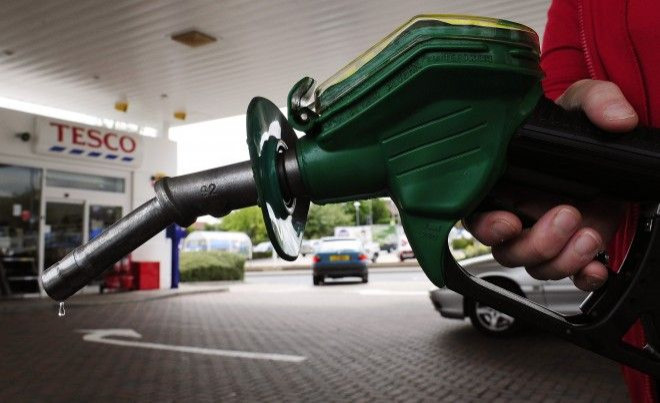Iran insists OPEC should not raise crude output to curb gasoline prices

Iran, prominent member of the oil cartel Organization of Petroleum Exporting Countries (OPEC) and long-time adversary of the U.S, has objected to the move by certain members of the oil exporting cartel to raise output in order to clam markets and ease oil prices.
After the Libyan conflict, some OPEC members went beyond the unity policy [of the organization] and demanded to increase supply. But our analysis was that this increase will not impact prices, Iranian Oil Minister Masoud Mirkazemi told official news agency IRNA, a Platts release said on Tuesday.
The Iranian move is aimed to scuttle the chances of U.S. allies Saudi Arabia, Kuwait and the UAE expanding their crude output in the aftermath of the Libyan conflict and the widespread Middle East unrest which have caused crude price surge in recent months.
Platts pointed out that OPEC kingpin Saudi Arabia had raised its output by around 1 million barrels per day (bpd) in February to make up for the cut in supplies from fellow OPEC member Libya. The UAE and Kuwait have also raised production to help calm markets as oil prices rose to 32-month highs, partly on the back of the crisis in Libya, which led to the loss of 1.3 million bpd of high quality crude oil.
Mirkazemi insisted that supply constraints are not the factor behind the surging prices. There is no problem with supply. If we have proper analysis outside political pressures, we can find out realities and our advice is to avoid unilateral moves, he said.
In the U.S., the world's biggest oil consuming country, high gasoline prices are already putting off consumers from the market. A gallon of gasoline sold for $3.81 on average last week in the U.S., up 9.00 cents week-on-week and 33.7 percent from a year ago, Reuters reported on Tuesday, citing a MasterCard report. Gasoline prices are getting close to levels where demand from American consumers is likely to fall sharply, the report said.
© Copyright IBTimes 2024. All rights reserved.




















